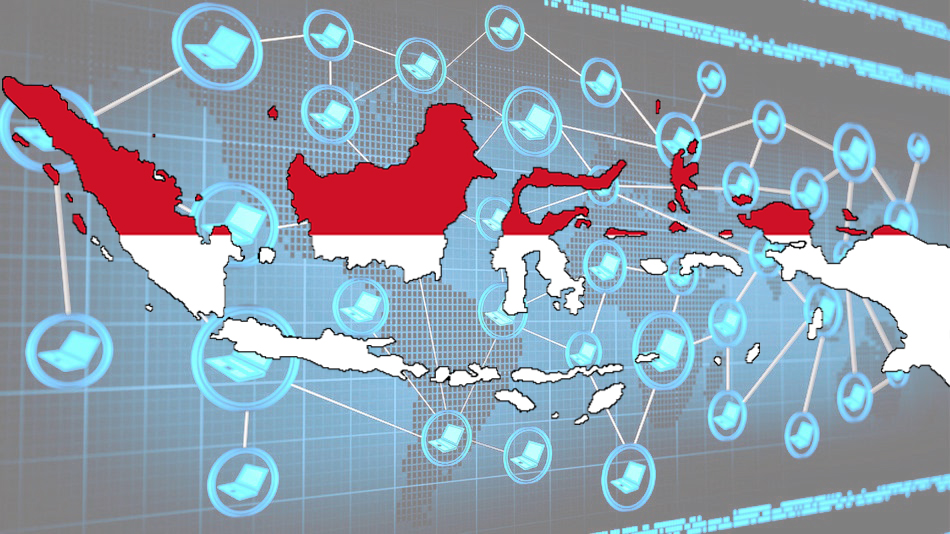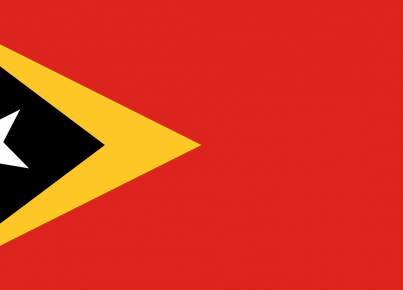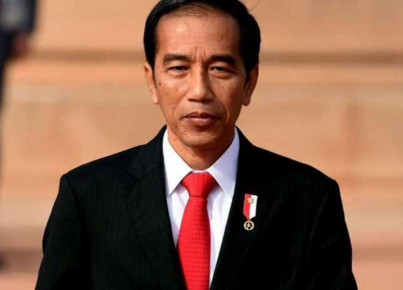Hard times for online platforms in Indonesia: new measures should take effect in June 2022 and will require Internet system operators to remove content deemed "unlawful" by the government in record time.
Four hours. This is the maximum time given to digital platforms by the Indonesian government to remove "unlawful" content on requests labeled as "urgent." Any other type of request, which can be forwarded by any government agency, must be fulfilled within 24 hours. These are the new measures arranged by the Indonesian government and they should be implemented in June 2022, according to an exclusive Reuters report.
The regulations, which authorities believe are necessary to ensure that the network is completely free of "unlawful" content, are among the strictest in the world for social media, following the harsh crackdown on online content that has alarmed activists in several Asian countries.
How will it work?
- The measures will apply to all Internet and digital platforms classified as "Internet system operators," from social media giants to e-commerce, fintech and telecommunications companies.
- According to government officials, the government's "urgent" requests would include content perceived as sensitive in fields such as "security, terrorism and public order, child protection and pornography."
- After receiving an official complaint, companies will be fined for illicit content, and fines will increase proportionally until the content is taken down from the platforms, according to three sources and a governmental document examined by Reuters.
- Fines will be determined by the number of local users of the company in question and the "content severity." The amount of the fines has yet to be finalized, but it could reach millions of rupiah (1 million rupiah = $69.71) per item of content.
- Platforms that fail to comply with government requests on many occasions could be blocked in Indonesia and their staff might face criminal sanctions.
Implications:
- Indonesia is one of the top 10 global markets by number of users for social media companies, including YouTube, TikTok, Twitter and Facebook, Instagram and Whatsapp (Meta).
- Some executives of online companies briefed on the plans reported that the measures will be hard to comply with, raise operating costs and could undermine the freedom of expression of citizens living in the world's fourth most populous country.
- The new regulations will mostly affect social media companies, which see Indonesia's young population (270 million people) as a huge growth opportunity.
Background:
- In the 2014 and 2019 presidential election campaigns, social media platforms allegedly promoted the spread of rumors and "fake news," largely aimed at current President Joko Widodo. In the riots that followed the 2019 elections, authorities blocked access to social media.
- In the same year, during demonstrations in Papua, the country's easternmost region, Indonesian authorities cut off Internet access, presumably to avert violence that could have been triggered by the rapid spread of misinformation online.
- Ministerial Regulation 5 (MR5), which was enforced in November 2020 with little consultation, requires all private digital services and platforms to register with the Ministry of Communications and Information Technology and agree to provide access to their systems and data as specified in the regulation. Those who do not register by May 24 will be blocked in Indonesia.
- Last October, the Constitutional Court ruled that blocking Internet access during periods of social unrest was not against the law.
A comparison:
- In comparison with Indonesia's proposed measures, social media companies in Vietnam are required to take down offensive content from their platforms within one day after receiving a request from official authorities, while India gives companies 36 hours with possible criminal sanctions for non-compliance.






